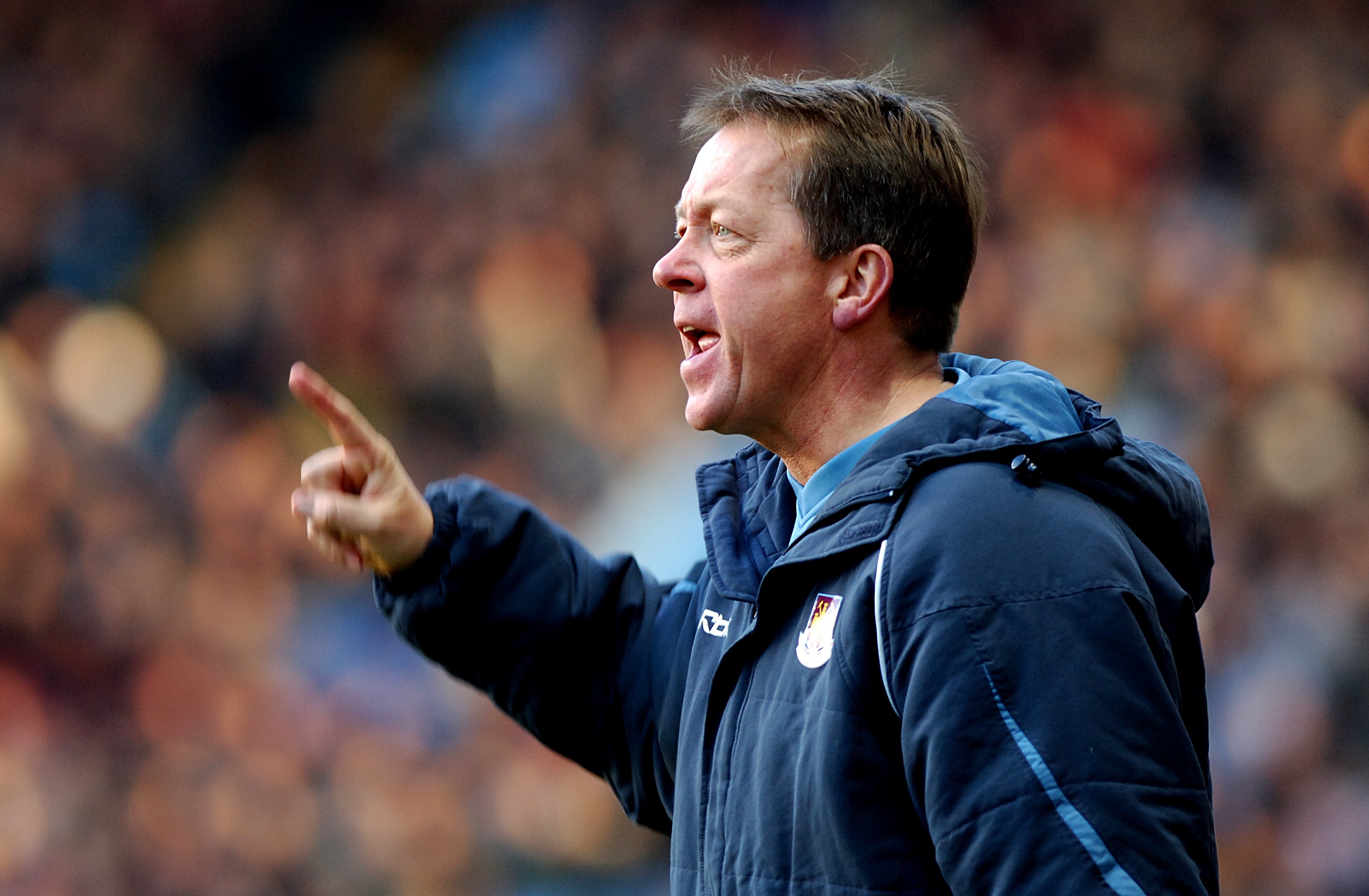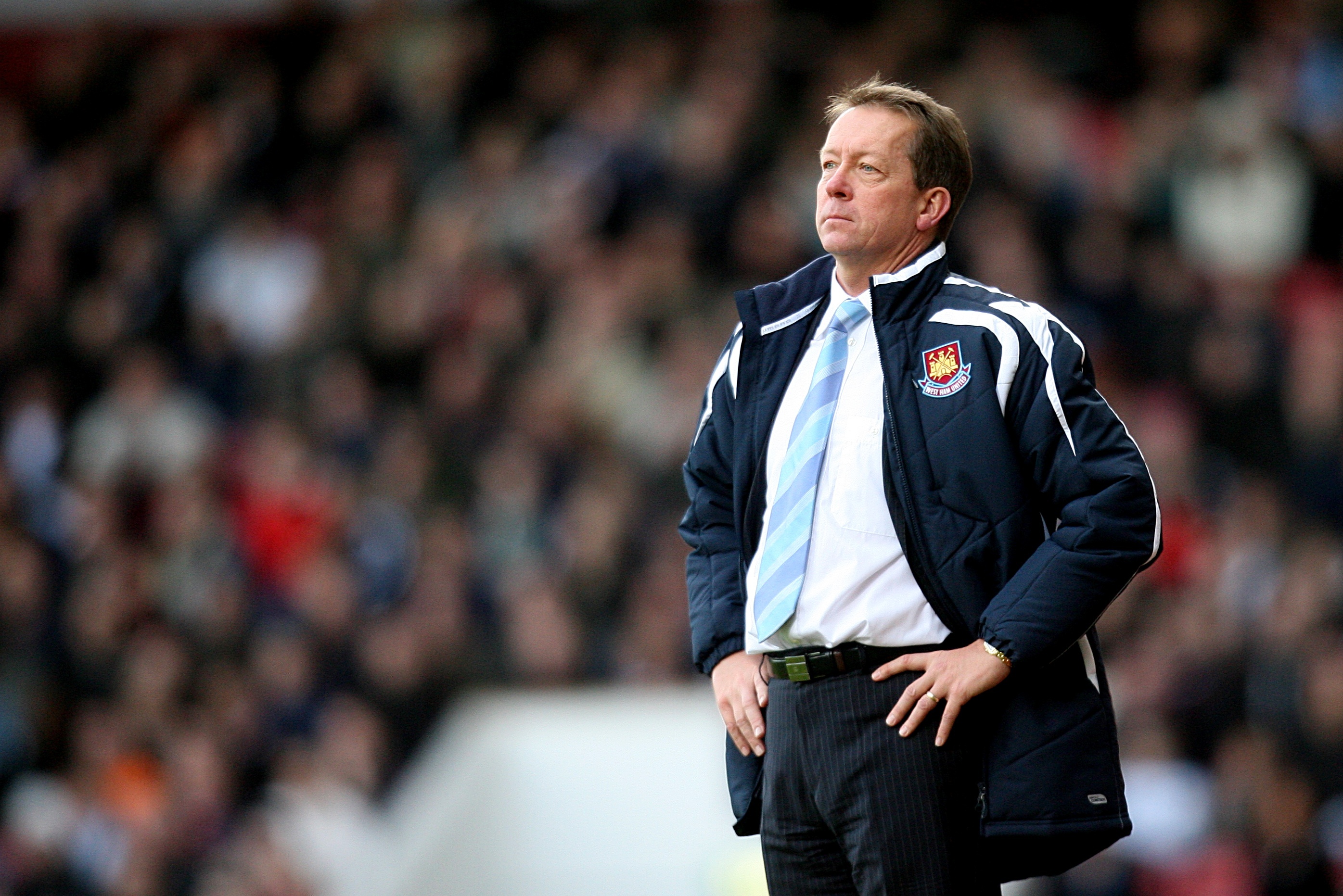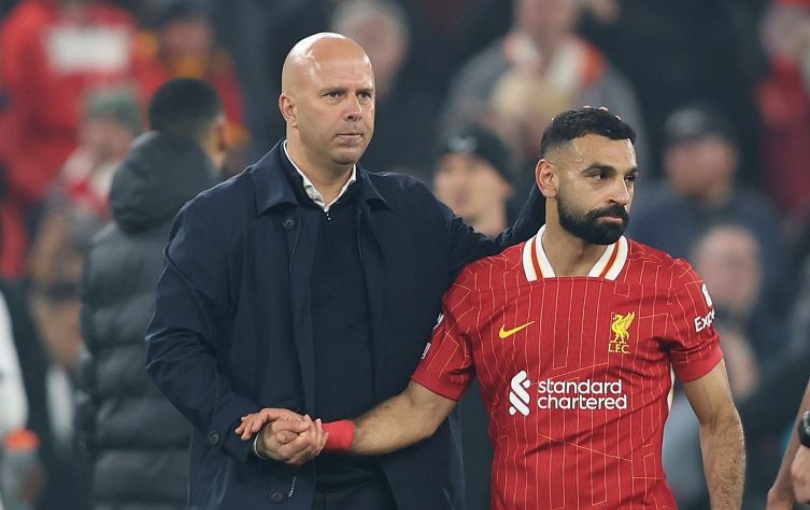On this day in 2006: Alan Curbishley returns to management with West Ham

Alan Curbishley ended a seven-month exile from football when he was appointed West Ham manager on December 13, 2006.
The former Hammers midfielder, who spent five years at Upton Park during his playing career, was handed the reins two days after Alan Pardew had been shown the door following a 4-0 defeat at Bolton with the club sitting inside the Premier League relegation zone.
Curbishley, 49, had been out of work since ending his 15-year reign at Charlton, where he had taken charge of 729 games, and he admitted the opportunity handed to him by new chairman Eggert Magnusson had come out of the blue.

He said at the time: “I was sitting at home on Monday morning minding my own business, enjoying the break, then suddenly it all erupted.
“When I started to think about it and the potential, it was drawing me and something clicked.”
The new manager made an instant impact as Nigel Reo-Coker fired his side to a 1-0 home win over Manchester United in his first game at the helm.
However, they failed to win any of their next 11 league games and took only three points in the process before a run of seven victories in their last nine, including a final day 1-0 win at Old Trafford in which Carlos Tevez – whose presence at Upton Park was the subject of a prolonged legal battle – scored the decisive goal which kept them up.
Get FourFourTwo Newsletter
The best features, fun and footballing quizzes, straight to your inbox every week.
Curbishley guided the club to a 10th-placed finish and the Carling Cup quarter-finals in his first full season in charge despite a rash of injuries, although he went into the new campaign under pressure and tendered his resignation after defenders Anton Ferdinand and George McCartney had been sold to Sunderland against his wishes.
He said in a statement: “The selection of players is critical to the job of the manager and I had an agreement with the club that I alone would determine the composition of the squad.
“However, the club continued to make significant player decisions without involving me. In the end, such a breach of trust and confidence meant that I had no option but to leave.”
